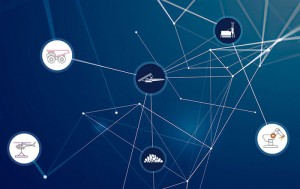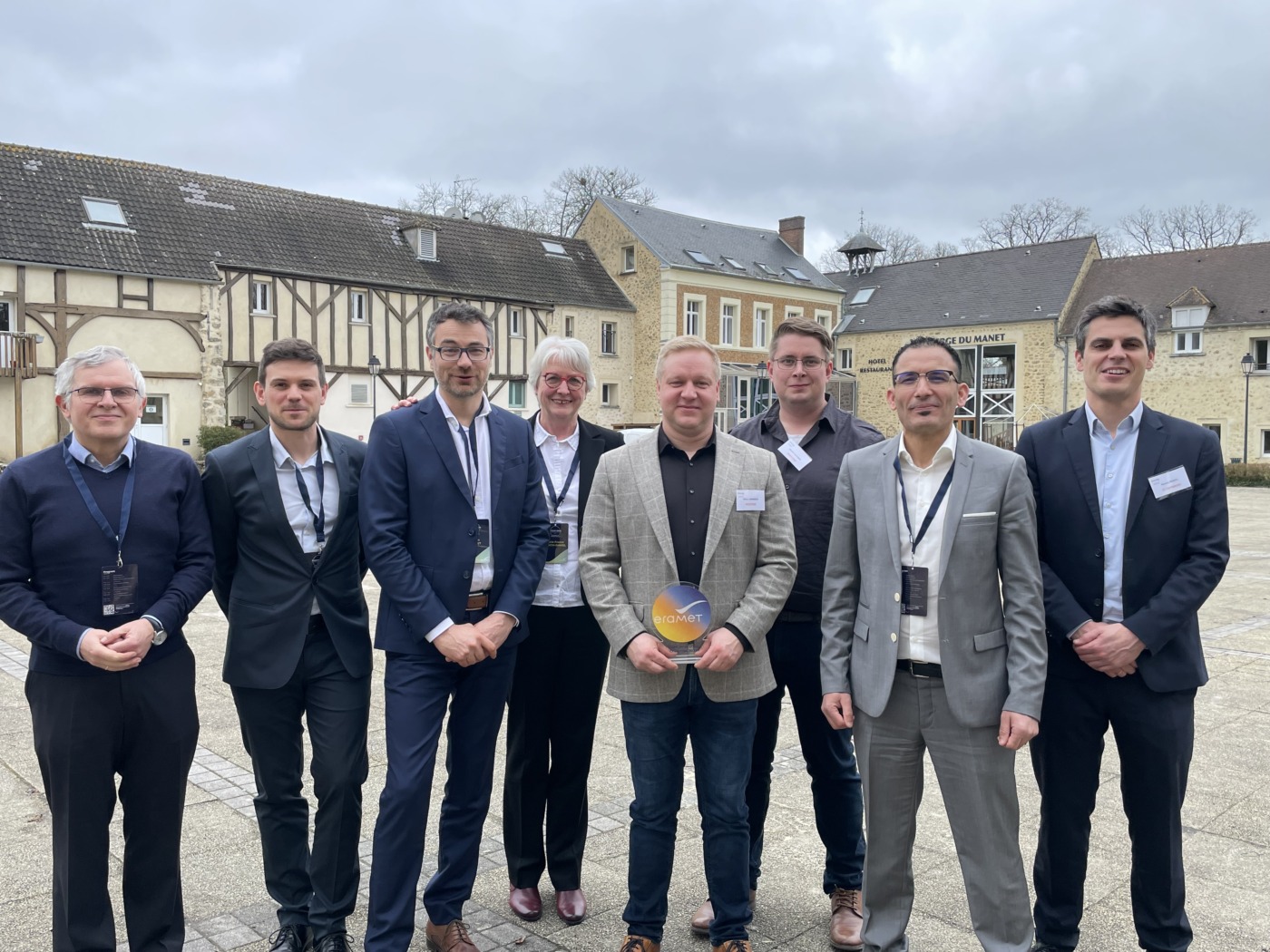Innovation Areas

Responsible Sourcing
Securing sustainable access to raw materials for a carbon-neutral Europe

Sustainable Materials
Guiding innovation in sustainable raw materials for electric mobility and green energy

Circular Societies
Enabling economic growth and carbon-neutrality
Latest News

How an EIT RawMaterials graduate became an award-winning changemaker
Success Stories
Upcoming Events
14 May, 2024
Raw Materials Summit 2024
08:00 - 17:00




